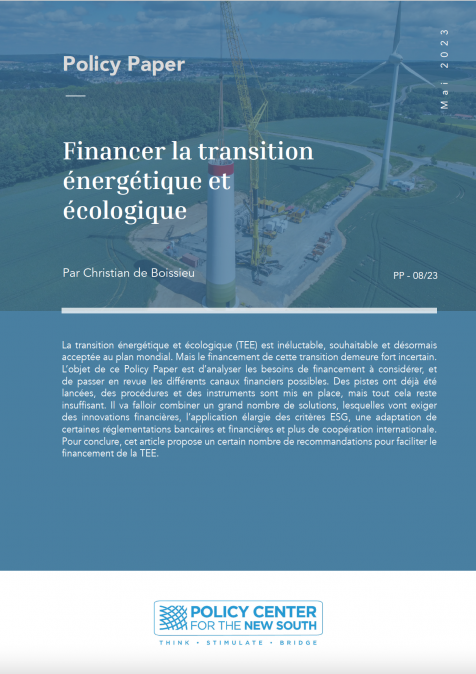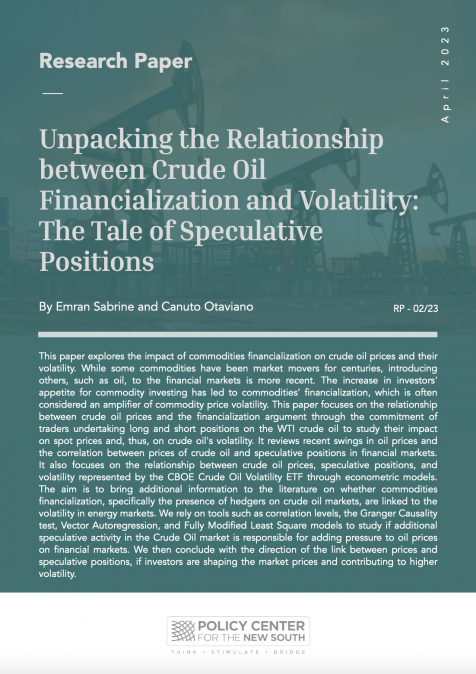Chair: Abdelaaziz Ait Ali, Head of Economic Research, Policy Center for the New South
Opening: Sara Burke, Senior Policy Analyst, Friedrich Ebert Stiftung, New York
Speakers:
Paola Subacchi, Professor of International Economics and Chair, Advisory Board, Global Policy Institute, Queen Mary University
Erik Berglof, Chief Economist, Asian Infrastructure Investment Bank (AIIB)
Ralph Ossa, Chief Economist, World Trade Organization
Shahin Vallée, Senior Fellow, Deutsche Gesellschaft für Auswärtige Politik (DGAP)










